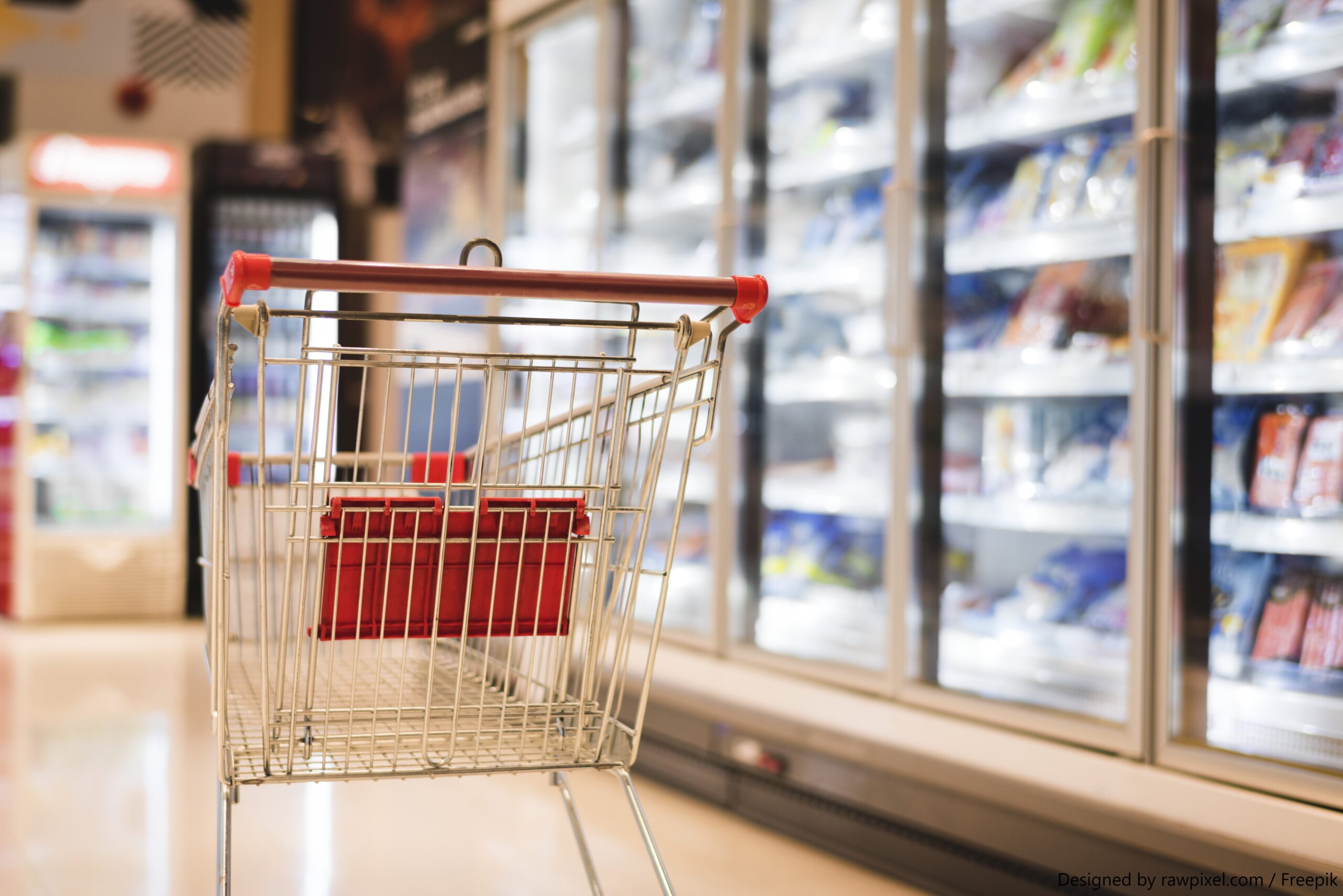
From artificial intelligence (AI) to facial recognition, digital technology is transforming how and where consumers shop for food with important implications for grocery real estate, indicates a report by research firm CBRE and Streetsense, an experience-focused strategy and design collective.
The $5.6 trillion global grocery industry is undergoing rapid transformation. This is being driven by changing consumer demand, rising costs and new competitive pressures, states Forrester Research. With the global market expected to grow at an average rate of 4.7% over the next five years, grocery retailers are increasing their investments in both online and offline channels to rethink, and in many cases, reinvent the shopping experience. Much of this investment is focused on technology, which is being used to lower costs, increase efficiency and grow market share.
The smartphone, for example, holds the key to bridging online and offline in grocery stores. At Alibaba’s new concept, Hema, the smartphone is a vital tool, not only allowing consumers to shop at home, but also to scan and check out items in-store. US-based grocer Kroger, on the other hand, is reinventing the grocery shelf with the ‘smart’ shelf concept, mixing in-store analytics and customer satisfaction.
Today, supermarkets are equipped with ‘smart’ carts that guide shoppers through the store to find grocery items. Going a step forward, French grocer Carrefour’s first smart supermarket allows customers to pay with WeChat Pay and with Tencent’s facial recognition technology. To offer greater convenience, technology companies like Microsoft are powering ‘shop-and-walk’ technology, dedicating time, money, and resources in platforms that enable cashier-less checkout.
Further, grocery chains like Giant Food recently released a robot called Marty, who scans shelves for out-of-stock items and detects hazards for store staff to clean up. Robots like Marty also eliminate human error in orders and restocking, helping to streamline operations. This frees up time for in-store associates to handle more important, customer-facing tasks.
“In the future, technology will begin to play a greater role in informing the consumers as to the ingredients and provenance of their food. Customers will soon be able to accurately know where their tuna was caught, when it came out of the ocean, and how long it has been in the display case,” observed Jay Coldren, managing director, Eat + Drink | Streetsense.
As the shopping experience evolves, so does the location, size and format of grocery stores. Grocers will continue to diversify their store footprints, leveraging a mix of formats to meet different market needs. It could be small-format and high-tech convenience locations in urban areas versus larger formats for pick-up and distribution in suburban markets. As the checkout process automates, more store space is freed up for merchandise, distribution, experience retail, or services, such as pick-up. Increased online ordering will mean more store space for storing and distribution. In large-format grocery suburban stores in particular, a greater proportion of the footprint will go towards logistics and storage. In-store and curb side pick-up will be the dominant form of omnichannel grocery in suburban locations, so grocers will require dedicated spaces at the front of stores for more pick-up parking and curb side pick-up.
Source: Innovation Watch by CBRE + Streetsense